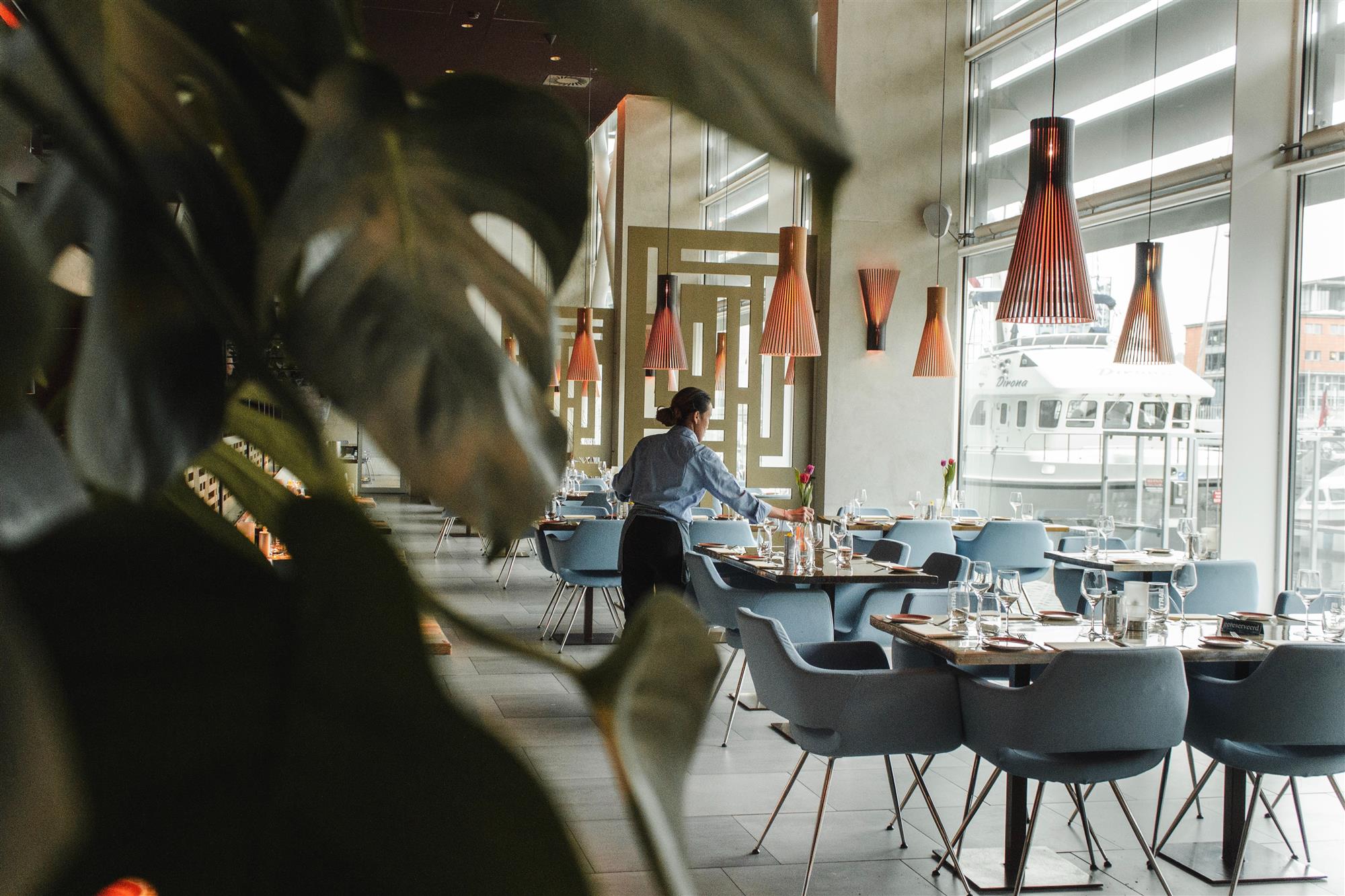By Mandeep Lamba, Dipti Mohan, Dhwani Gupta
Efforts to promote gender equality have become a global priority, with organizations like the United Nations embedding this goal within their Sustainable Development Goals. Notably, an increasing number of women are pursuing higher education in countries like the US, the UK, and India, and are entering the workforce as the corporate sector is offering a more flexible work environment. As a result, women have made significant strides in multiple sectors, including the dynamic world of hospitality.
Recent research conducted by the World Travel & Tourism Council (WTTC) reveals that women accounted for 54% of the total employment in the global travel and tourism (T&T) industry. With their inherently higher levels of emotional intelligence, the hospitality sector is a perfect ground for women to succeed.
Hotels in India are championing diversity
Leading hospitality organizations even in India are recognizing the potential of a diverse and strong female workforce and are introducing initiatives to boost women’s participation in T&T employment. This is particularly important as WTTC research reveals that India, along with Turkey and Saudi Arabia, has the lowest women’s participation rate in T&T employment among G20 countries. The Indian Hotels Company Limited (IHCL), for instance, aims to increase women’s participation in its workforce to 25% by 2025. In 2021, the company opened South Asia’s first all-women-managed luxury property, Taj Wellington Mews in Chennai. Last year, the company also launched the “She Remains the Taj” initiative, a comprehensive program promoting women-centric initiatives for all stakeholders within their hotels. Recognizing that women often influence vacation plans and solo travel is also on the rise, having women at the forefront is a highly customer-centric approach.
Marriott International is another industry giant that acknowledges the valuable contributions of women. The company with Chalet Hotels recently opened Hyderabad’s first all-women-managed hotel, The Westin Hyderabad Hitech City. Meanwhile, Chalet Hotels and Lemon Tree Hotels actively support the career development of their female staff, offering various training and development programs, that have helped these companies be recognized among the best companies for women in India.
Moreover, women-centric organizations within the industry, both globally and in India, are fostering networking and development opportunities for women. Organizations like WITHorg enable women to connect with colleagues and organizations and access tools for career and personal growth, helping women combat biases and narrow the gender pay gap. Meanwhile, Indian Women in Hospitality provides a platform for women in the industry to share knowledge and offers mentoring opportunities for emerging women leaders in the country.
Despite these advancements, there are still unexplored opportunities and gaps that need attention
Notably, women are increasingly assuming mid to senior leadership roles in the industry; a recent survey of 56 largest listed hotel, resort, casino, and entertainment companies across the globe by WTTC showed that 42% of mid-management roles and 33% of the senior management positions were held by women. However, the same survey also highlighted the challenge that women are still underrepresented in strategic roles. Only 28% of board members in these companies were women, and this share reduced significantly to 7% in the CEO and chair positions. Meanwhile, as per a report by LinkedIn, only 15% of C-suite roles in corporates across various sectors in India are held by women, while another survey states that less than 10% of the hotel General Managers in India were women. Although women have seen improvements in their roles, there is a significant gap in senior management opportunities. Moreover, there is also a significant gender pay gap; as per a 2019 UNWTO report, women in the tourism industry earned 14.7% less than their male counterparts.
The key stakeholders in the global tourism industry such as the governments, international tourism organizations like WTTC and UNWTO, and hospitality companies are all working together to try and reduce this disparity. As a crucial step in this journey, more than 100 companies, including IHG and Hilton, have signed the Cancun WTTC Women’s Initiative Declaration. Among its various commitments, this initiative aims to boost women’s representation in leadership roles to 30-50% and ensure at least 30% representation of women in board positions and C-suite by 2030.
While flexibility in terms of maternity leaves and promotional policies has increased, there are still rigidities causing friction for working women. Issues like long and stringent working hours and a lack of “work from home” opportunities can discourage women from joining or remaining in the workforce. While the journey towards gender equality and diversity in the hospitality sector is moving in the right direction, there is room for further progress. Increasing flexibility, learning and development opportunities and providing mentorship and networking support at all levels within the industry are essential. The responsibility lies at the grassroots level to encourage women to take an even more significant stance in this dynamic and growing industry. The glass ceiling is cracking, but with concerted efforts, it can be shattered, paving the way for women to reach new heights in the hospitality sector.





